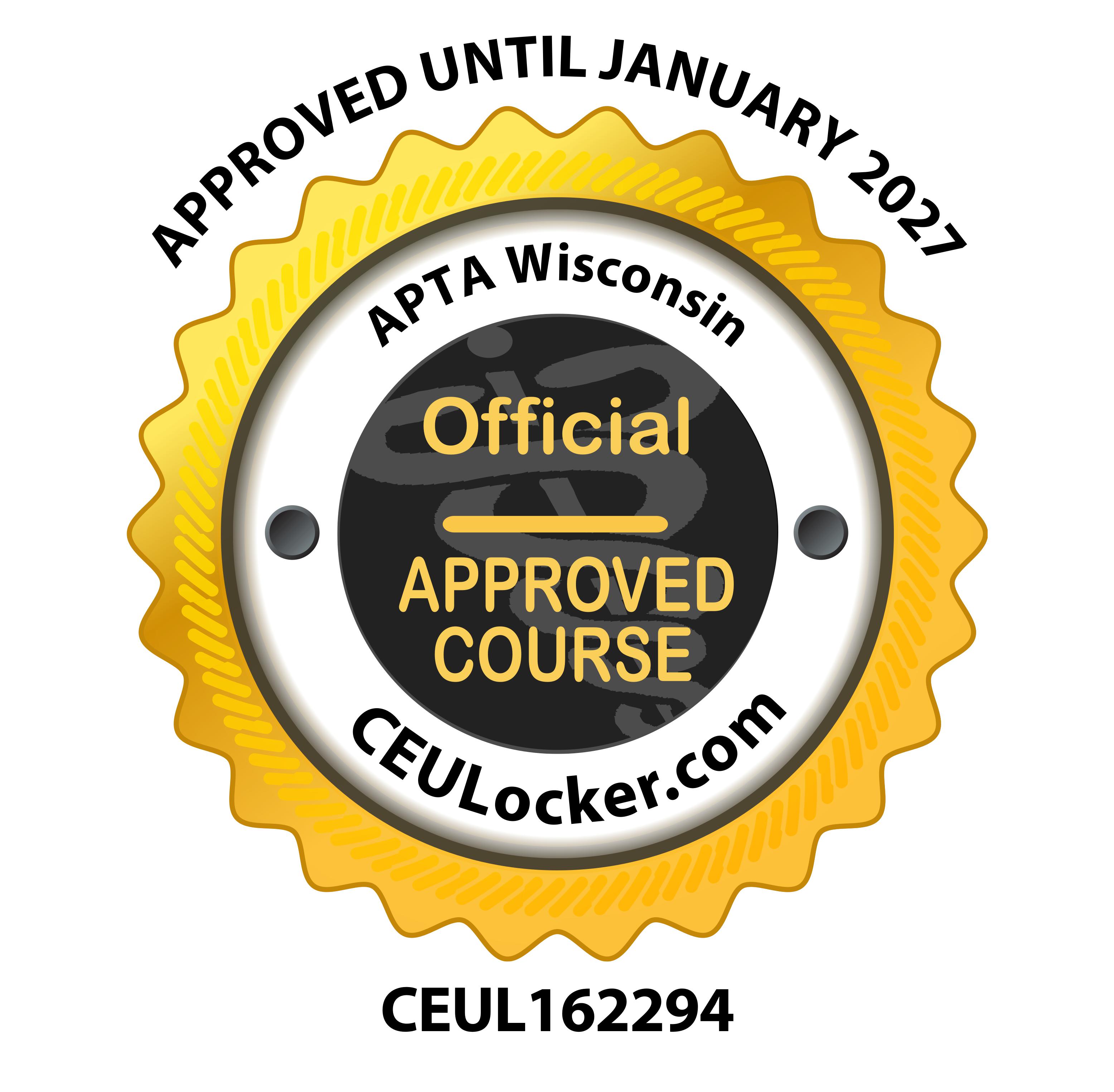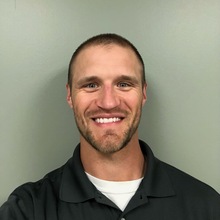
Current Concepts in Concussion Management: A Strategic Approach to Rehab
Part 1: Online
COURSE DESCRIPTION
A multi-disciplinary team of professionals in the fields of orthopedic and sport physical therapy, vestibular rehab, neuro-optometry, and neuropsychology have come together to create this comprehensive course in concussion management. Patients present with an array of symptoms that must be approached from various lenses. The clinical profile may include involvement of the cervical spine, vestibular system, oculomotor system, autonomic nervous system, sleep dysfunction, migraine and post-traumatic headaches, anxiety, and cognitive fatigue. By gaining a more global understanding of managing patients will concussion, the clinician will become more efficient in clinical examination and involving a multi-disciplinary team of professionals to offer a more comprehensive treatment plan for the patient's recovery. Approved for 10 Contact Hours for PT and OT.
Course topics:
- Concussion profile: recognizing and assessing the individual clinical domains and overlap of domains in clinical care
- Principles of assessment and differential diagnosis
- Cervical spine dysfunction as it contributes to oculomotor dysfunction, vestibular dysfunction, and headaches
- Vestibular rehab approach to concussion management
- Oculomotor assessment and treatment techniques from the perspective of neuro-optometry
- Autonomic dysregulation
- Neuropsychological considerations
- Clinical pearls from specialists in orthopedic and sport physical therapy, vestibular rehabilitation, neuro-optometry and neuropsychology
LEARNING OUTCOMES
- Describe the role and function of the nervous system and musculoskeletal structures commonly involved in post-concussion syndrome.
- Recognize pre- and post-injury risk factors for protracted recovery.
- Recognize the influence the cervical spine can have on patients with vestibular symptomology following a concussion mechanism of injury.
- Perform a cervical spine examination to determine involvement in headache, migraine, dizziness, or radicular pain presentation.
- Recognize nystagmus patterns and perform a vestibular exam for benign paroxysmal positional vertigo (BPPV) using proper positional tests for anterior, posterior, and horizontal canals.
- Recognize the effects of anxiety, sleep, sensory processing, and cognitive fatigue in post-concussion syndrome.
- Discuss the benefit of aerobic exercise in the post-concussion recovery and understand the underlying physiological mechanisms for this benefit.
- Discuss prioritization of examination techniques for the initial evaluation and subsequent follow ups.
- Discuss the clinical decision-making and progression for return to learn, work and play in concussion management.
- Understand the importance of patient language, as it relates to conveying findings to highly anxious patients and/or parents.
- Describe the roles of various health care providers in the multi-disciplinary approach to concussion management.
- Recognize how prolonged symptoms of concussion impact ADL’s and IADL’s.

 This course is approved by Wisconsin APTA and Illinois APTA for 10 contact hours of continuing education. Focus on Function Physical Therapy, PC is an AOTA Approved Provider of professional development. Course approval ID #9742. This course is offered at 10 contact hours, intermediate educational level, foundational knowledge. The assignment of AOTA CEUs does not imply endorsement of specific course content, products, or clinical procedures by AOTA.
This course is approved by Wisconsin APTA and Illinois APTA for 10 contact hours of continuing education. Focus on Function Physical Therapy, PC is an AOTA Approved Provider of professional development. Course approval ID #9742. This course is offered at 10 contact hours, intermediate educational level, foundational knowledge. The assignment of AOTA CEUs does not imply endorsement of specific course content, products, or clinical procedures by AOTA.














